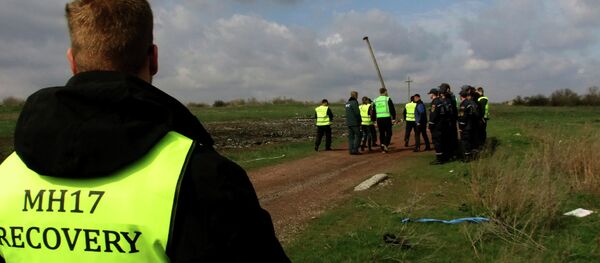Gerrit Greimann, a 24-year-old resident of the city of Gottingen, Lower Saxony, renowned for its University and impassioned student politics, was identified after activist group Democratic Left requested the release of information held on them by the State Office for the Protection of the Constitution of Lower Saxony (Niedersachsens Verfassungsschutz).
The Office sought a blocking notice on the information from the Hanover Administrative Court, arguing the information should be considered classified on the basis publication would reveal the identity of a covert informant.
"VPs [informants] thoroughly research and often reconstruct events such as demonstrations they attended. Given this informantion they provide may be linked to a certain person, or people, identification of the VP cannot be ruled out…disclosure is therefore not possible because of the risk to the VP," the NV argued.
However, in doing so, it inadvertently placed documents naming Greimann as the VP in question in the public domain.
Named and Shamed
The student joined the grassroots campus group in 2016, and quickly became involved in protest and counter-protest activity — most notably at the 2017 G20 summit in Hamburg — attending supraregional meetings and becoming involved in planning events and other administrative tasks.
In his intelligence gathering activities around the G20, he may well have provided authorities with information leading to highly controversial police raids in the months following the event. Many Gottingen-based activists attended the heavily protested summit — as part of resulting official investigations into the hubub, local police arrested many individuals, injuring some in the process, and raided private homes and campaign group headquarters.
"We were brutally disturbed during breakfast and feared they would damage the doors. The police came in with 25 officers. They even wanted to take job-related documents. No press were allowed in," he said.
Nonetheless, in the article outing him on IndyMedia, his former activist associates suggest he was less committed than many other members, and relatively poorly networked in the group, having not cultivated deeper social relationships with many peers.
In a statement, Lena Rademacher, spokesperson for Democratic Left, said the news "shocked us a lot".
"Greimann spent two years snooping in our most private and personal areas, allowing the [NV] to meticulously collect information on our behavior, as part of a plan to criminalize our activities in due course. We demand the immediate dissolution of the [NV]!" she said.
The IndyMedia article provides extensive biographical information on Greimann, including his home address and bank account details — one below-the-line commenter suggested it would "great" if someone "hits him" one day, "while shopping or on the train", raising the prospect of the exposed informant needing to enter a witness protection program under a new identity, or at the very least relocate to an entirely new city.
Infiltration Too Far
German intelligence agency infiltration has typically been focused on the country's right-wing parties and groups, and has also frequently been disastrous. For instance, in January 2001, the federal government, Bundestag, and Bundesrat all asked the Federal Constitutional Court to determine whether the National Democrats (NPD), was unconstitutional, in an attempt to ban the party outright.
As a result, the court ruled it was impossible to ascertain which statements, publications and actions attributed to the party were partially or wholly directed and/or influenced by the BfV — a task made all the more difficult by the agency refusing to fully disclose operatives' identities and activities — and even suggested the party's more incendiary activities were deliberately directed in an attempt to ban the party.





